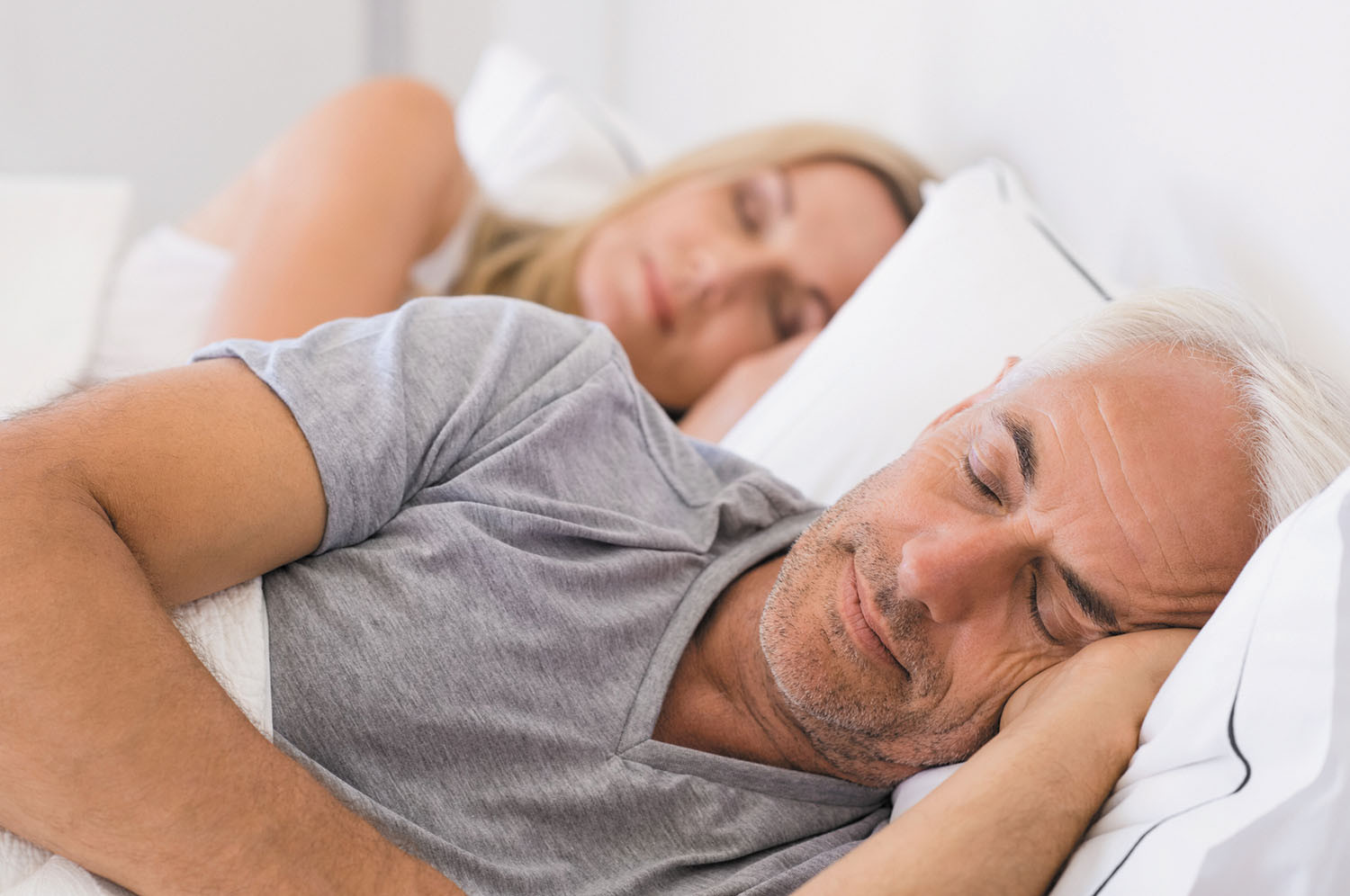
5 timeless habits for better health

What are the symptoms of prostate cancer?

Is your breakfast cereal healthy?

When pain signals an emergency: Symptoms you should never ignore

Does exercise give you energy?

Acupuncture for pain relief: How it works and what to expect

How to avoid jet lag: Tips for staying alert when you travel

Biofeedback therapy: How it works and how it can help relieve pain

Best vitamins and minerals for energy

Should you take probiotics with antibiotics?
Sleep Archive
Articles
The best bedtime for heart health?
People who fall asleep between 10 and 11 p.m. may be less likely to develop heart disease than those who start their slumber earlier or later.
Shield your brain from decline
The acronym SHIELD sums up the habits that may help ward off cognitive decline. SHIELD stands for sleeping at least seven hours per night, handling stress, interacting with friends, exercising daily, learning new things, and eating a healthy diet. Ideally, one should incorporate all of these healthy lifestyle habits into each day. If that feels overwhelming, doctors advise focusing on a different healthy habit per day, until it's possible to practice all of the habits every day.
Naps: Make the most of them and know when to stop them
A single-session class offers chronic low back pain relief
How much sleep keeps cognitive decline at bay?
Exposure to traffic noise linked to higher dementia risk
Healthy sleep patterns linked to lower risk of heart rhythm problems
Gifts that promote relaxation and resilience
Do weighted blankets help with insomnia?
Insomnia affects approximately 10% of adults in the United States, and it is common with mental illness. Insomnia is unlikely to get better on its own if not actively treated. Many people are interested in treatment options that do not involve prescription medications, and a study from Sweden investigated the effectiveness of a weighted blanket on insomnia symptoms for people with insomnia and mental health problems.

5 timeless habits for better health

What are the symptoms of prostate cancer?

Is your breakfast cereal healthy?

When pain signals an emergency: Symptoms you should never ignore

Does exercise give you energy?

Acupuncture for pain relief: How it works and what to expect

How to avoid jet lag: Tips for staying alert when you travel

Biofeedback therapy: How it works and how it can help relieve pain

Best vitamins and minerals for energy

Should you take probiotics with antibiotics?
Free Healthbeat Signup
Get the latest in health news delivered to your inbox!
Sign Up











